By: Dr. Elizabeth Eggert
Like every parent, you want the best for your child. We know you put so much energy into raising happy, healthy, well-adjusted kids.
One of the best ways to set them up for a lifetime of better health is by helping them learn good oral hygiene habits early. These habits will last them a lifetime, and help them keep their one precious set of adult teeth healthy and strong as long as possible.
Getting your kids started on a good brushing program is important, but you also need to help them on the path to a good flossing habit. Here are some tips from Dr. Elizabeth and Dr. Jeff on setting your kids up for a lifetime of strong, healthy teeth.
Teach Flossing Early
It’s almost never too early to teach your kids how to floss. Once your kid has two teeth that touch each other, you can start teaching them how to floss. By the time they are seven or eight, they are fully capable of flossing daily, so be sure to talk about flossing and model good flossing habits for them. Encourage and reinforce the notion that flossing is something everyone does!
Encourage Consistent Habits
Flossing daily is the goal. For both you and your kids, it doesn’t really matter if it happens in the morning or at night. Likewise, the great debate of “floss first or brush first?” is not a big deal. You can go in either order. The best strategy is to pick one time of day and a consistent sequence, to really incorporate the habit of flossing.
Choosing Your Floss
Help kids feel invested in flossing by letting them choose their floss. Floss comes in a variety of flavors and textures, and once again, the most important thing is that it happens. If kids prefer a certain type of floss, try to accommodate them. Look for child-friendly dental flossers with kid-oriented themes.
You can also choose between traditional dental floss or dental flossers. Flossers aren’t quite as effective as traditional floss, but if kids (or adults) are more willing to floss using this type of tool, go for it!.
Make Flossing Fun
Approach flossing in a light-hearted, fun way. Do it together and make funny faces in the mirror. Set up a reward system with stickers and incentives for sticking to the habit. Give your kids loads of verbal praise and appreciation for flossing, and coach them gently to improve their technique. Need a primer on good technique? Check out our blog post on How to Get a Flawless Floss.
Incorporate some pro-flossing propaganda into your reading sessions. Some childrens’ books about flossing include “Rotten Tooth Ruth” by Ilana K. Levinsky, “Max Goes to the Dentist” by Adria F. Klein, and “Flossing Teeth” by Mari Schuh, among others. After reading about brushing and flossing, encourage them to draw a picture of themselves or the family, brushing and flossing together.
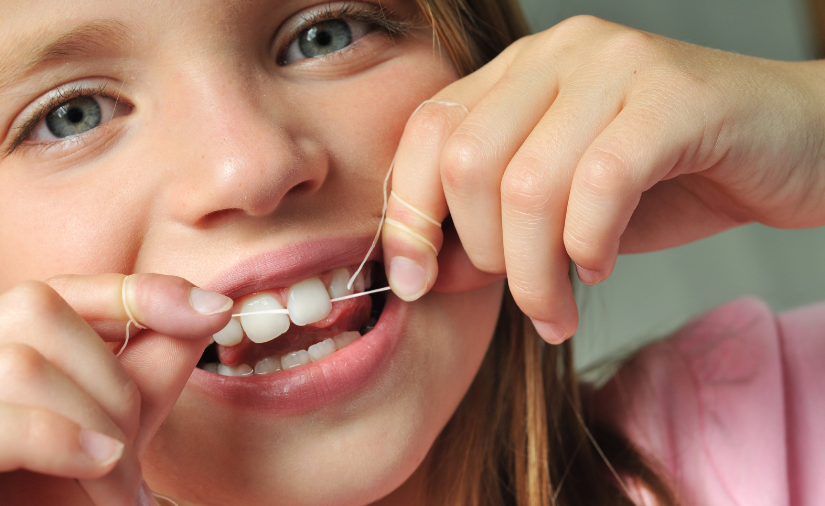



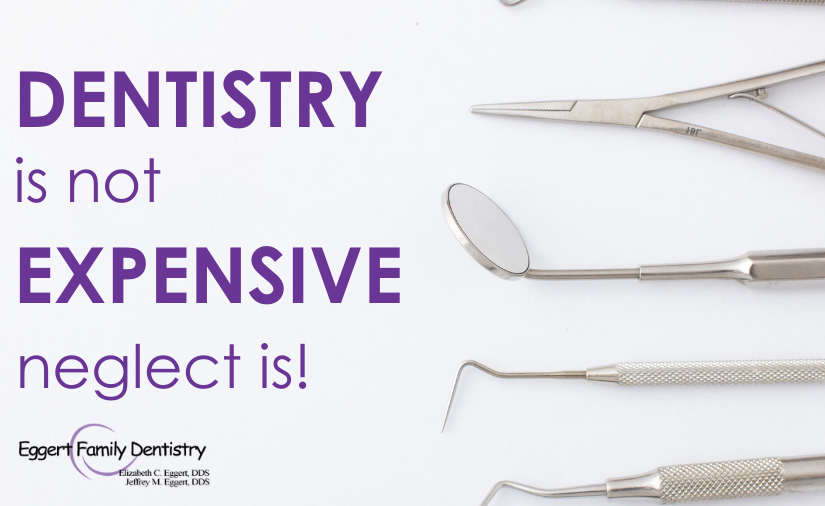

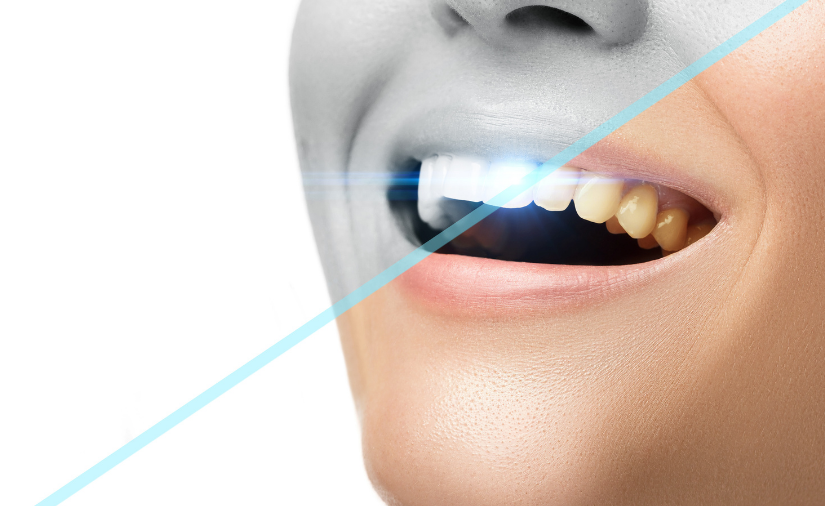

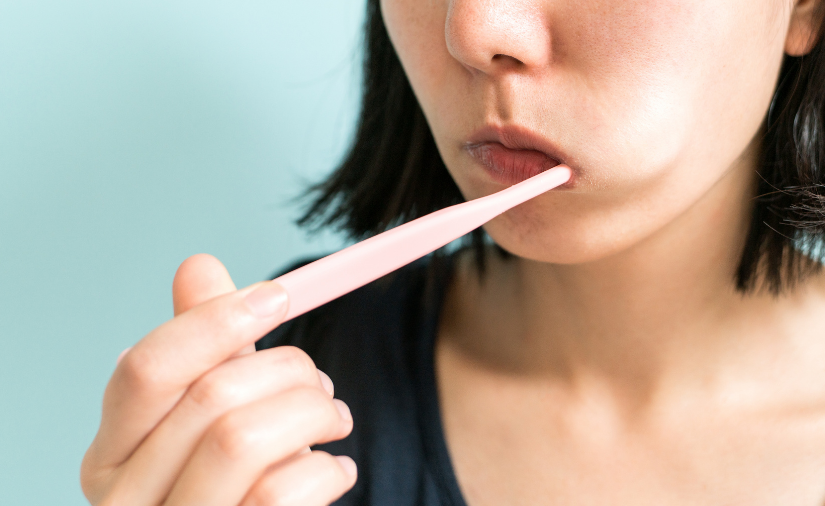

 There are many ways in which drinking water and staying hydrated contribute to your health, but drinking water also offers critical benefits to your oral and dental health as well.
There are many ways in which drinking water and staying hydrated contribute to your health, but drinking water also offers critical benefits to your oral and dental health as well. You may not realize that tooth decay thrives in a dry mouth. This is because saliva contains minerals such as calcium and phosphate, which help discourage tooth decay. Drinking water helps promote more saliva production in your mouth, which is more ammunition in the
You may not realize that tooth decay thrives in a dry mouth. This is because saliva contains minerals such as calcium and phosphate, which help discourage tooth decay. Drinking water helps promote more saliva production in your mouth, which is more ammunition in the 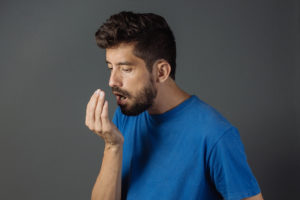 Morning breath and general bad breath is often caused by a dry mouth. Drink water throughout the day, and you will promote saliva production, which helps discourage the unwelcome stinky bacteria working in the mouth.
Morning breath and general bad breath is often caused by a dry mouth. Drink water throughout the day, and you will promote saliva production, which helps discourage the unwelcome stinky bacteria working in the mouth.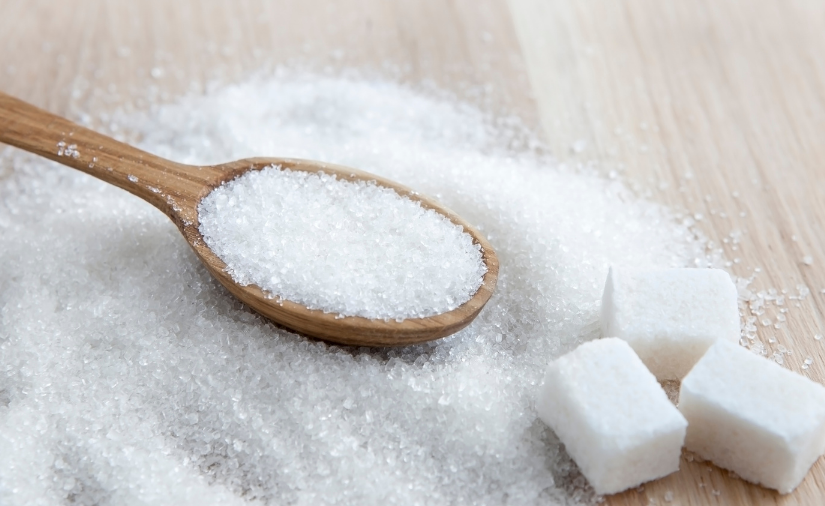
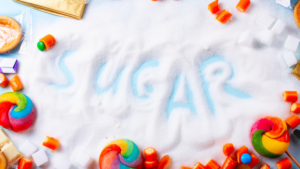 While we don’t expect many people to give up sugar entirely, we do want to urge moderation. Some folks are calling sugar “the new smoking,” as it does have negative effects on our health, from dental cavities to weight gain to inflammation.
While we don’t expect many people to give up sugar entirely, we do want to urge moderation. Some folks are calling sugar “the new smoking,” as it does have negative effects on our health, from dental cavities to weight gain to inflammation.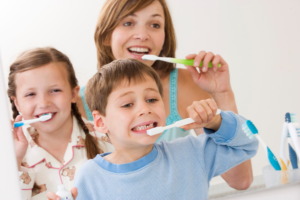 Of course, reducing sugar doesn’t reduce your obligation to brush and floss. Keep up your
Of course, reducing sugar doesn’t reduce your obligation to brush and floss. Keep up your 
 I am a foodie, I confess. As a dental hygienist I have had the opportunity to talk about nutrition, recipes and good eats with patients for over 30 years. Food is truly a universal language.
I am a foodie, I confess. As a dental hygienist I have had the opportunity to talk about nutrition, recipes and good eats with patients for over 30 years. Food is truly a universal language.